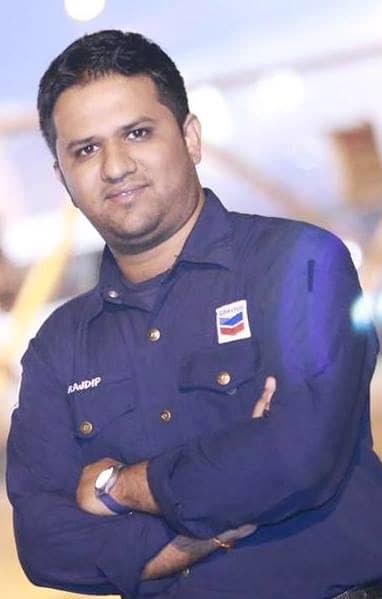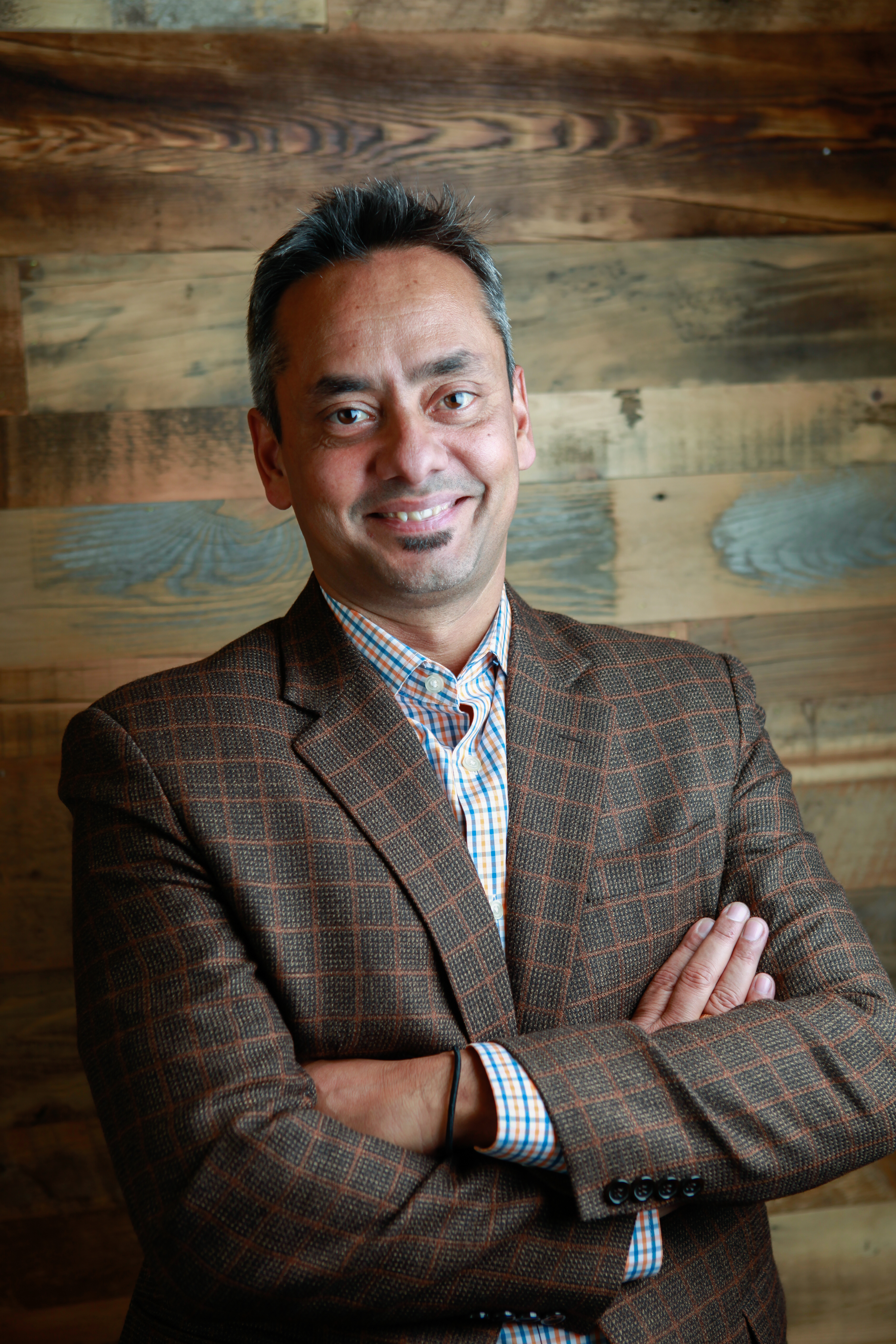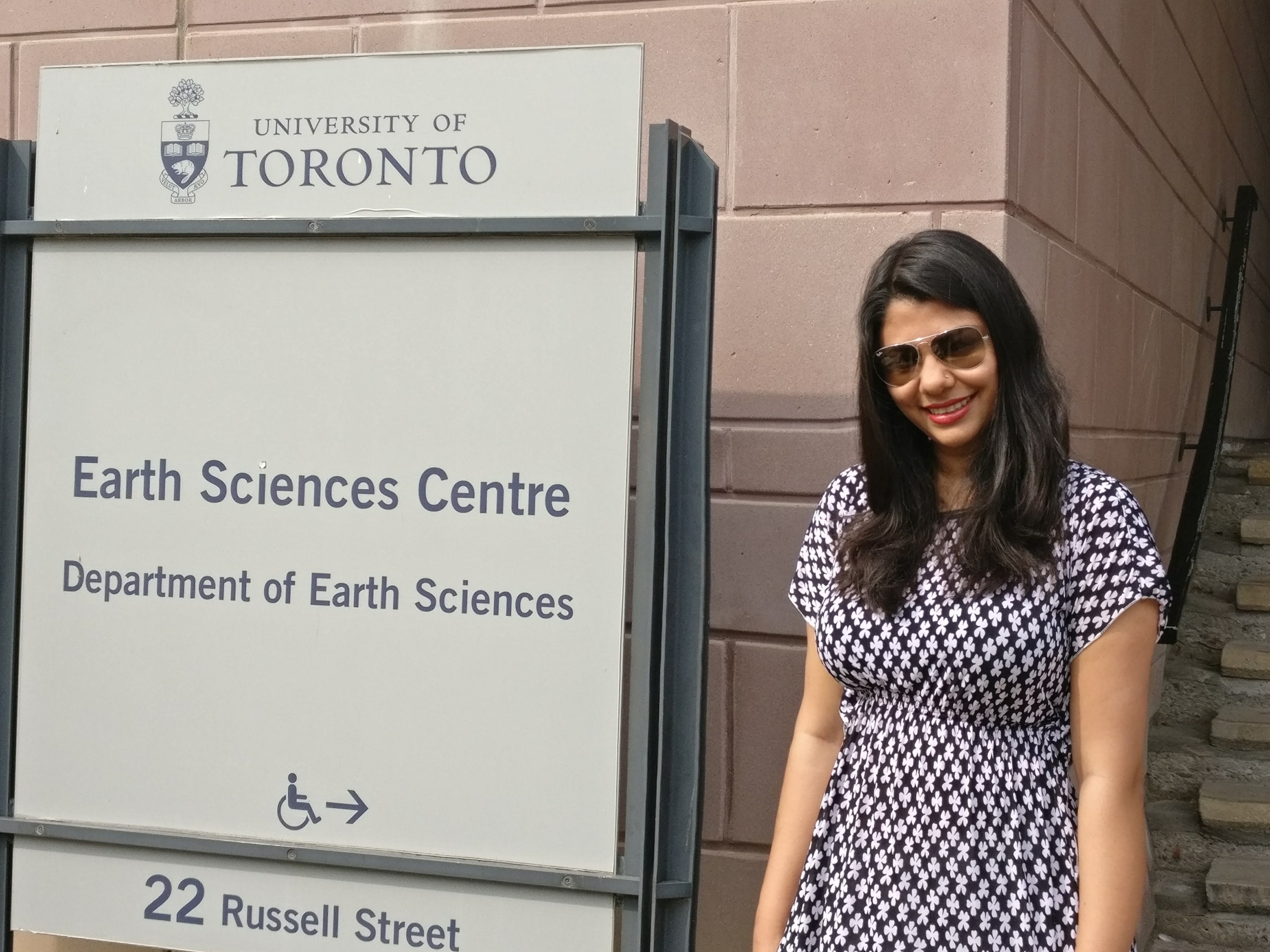SESM ALUMNI
This page offers you and your fellow alumni what you need to stay connected, keep advancing, and go on
living the SESM vision.
Please register as an Alumni of SESM at the link below:
We are interested to hear about your achievements. Please go to the link below and let us know and help us to disseminate your achievements:
ALUMNI NEWS

Rajdip Roy
Rajdip graduated from SESM in 2009 and he is now a Health, Environment and Safety Specialist. Rajdip started his career after graduation at Tullow Gas Bangladesh and has also worked at Weatherford before joining the Chevron Corporation. He is now under the technical career ladder at Chevron Bangladesh and he has training on Occupation Hygiene which was held in Thailand under the sponsorship of Chevron Bangaldesh. He has worked at the Bibyana Gas Field for four years and is currently at the Jalalabad Gas Field as the Occupational Hygiene & Hazard Communication Advisor.

Subid Wagley
Subid Wagley currently works as a Senior Strategist in a utility company in the US. Most recently, he worked at the US Department of Energy in Washington, DC managing R&D Projects, setting minimum federal standards for certain household appliances and implementing public-private partnerships to support the uptake of more cleaner and efficient technologies. In the last 18 years, he has also held positions with the investor-owned utilities in the US, managing their energy reform projects and power sector plans emphasizing rates, policy and regulations. Subid was one of the first graduates from SESM @ IUB specializing in demography and sustainable development. His upbringing in the energy sector started from the internship at the Grameen Bank/Grameen Shakti in Dhaka after his graduation from IUB.

SESM Alumni List
We have many ways for our alumni to get involved and keep in touch, and help to inspire students currently studying with us. Please find our alumni list:

Nabila Rahman
Nabila Rahman completed her Master of Science in Environment Management with full scholarship from Independent University, Bangladesh (IUB), for which she was awarded the Chancellor’s Gold Medal for achieving a GPA of 4 on a scale of 4. She also completed her Bachelor of Science in Environmental Management, while minoring in Environmental Science with full scholarship from IUB and was awarded Magna Cum Laude. Her M.Sc. thesis was an extension of her undergraduate thesis, the focus of which was to degrade azo dyes using nanoscale zero valent iron. The project comprised of characterization of the nano particles using SEM, TEM and XRD analyses followed by spectrophotometric analyses of the degraded dyes. Upon completion of her M.Sc, Nabila Rahman joined her alma mater as a Lecturer in the Department of Environmental Science. Prior to joining IUB, she worked for an international consulting firm where she was involved in writing expression of interests and proposals for different national development projects. Nabeela also has experience of working as a junior environmental consultant in several national projects where she conducted Environmental Impact Assessments.
Nabila commenced her Ph.D. at the University of Toronto in the Fall of 2017. The focus of her research is to use stable mercury isotope fingerprinting as a tool to trace mercury sources and transformations in the mercury biogeochemical cycle. More specifically, to use mercury isotopes to characterize and evaluate the relative contribution of Hg sources to freshwater sediments, its link into the food web and finally develop a method to segregate mixed isotopic signatures in lower trophic organisms.

Shahnoor Hasan
Shahnoor Hasan is a PhD fellow at Water Governance Chair group in UNESCO-IHE Institute of Water Education. She is
affiliated with the Department of Geography, Planning and International Development Studies of the University of Amsterdam as well under a joint doctorate program. Her research explores the role of participatory planning tools in the delta planning process. An increasing number of tools are used for creation of consent among participants of delta planning processes on specific planning outputs. During the design and development, setting up expectations, and appraising roles of these tools, the context of use is not always considered. Technological components, planning culture and trends, users and their approach, power play and/or conflicts between participants influence tools’ use, roles and planning outcomes. The research uses actor network theory to explore what roles participatory planning tools do play depending on specific contexts, be it design and development, expectation or use. The research is funded by the NWO (the Netherlands Organization for Scientific Research) UDW (Urbanizing Deltas of the World) project on strengthening strategic delta planning processes in Bangladesh, the Netherlands, Vietnam and beyond. Prior to pursuing her PhD research, Shahnoor has been worked as a Senior Lecturer and Research Associate at the University of Liberal Arts Bangladesh. She started her career at Independent University, Bangladesh (IUB) as a Lecturer in the Department of Environmental Science in 2010. Her research work focused on urban rainwater harvesting, and assessment of persistent organic pollutants and heavy metals in water and food chain. With support from a colleague, she also initiated the sustainable campus development program in Bangladesh. Shahnoor graduated magna cum laude in Environment Management from IUB in 2009, and holds a Bachelor of Science in Environmental Studies from North South University.